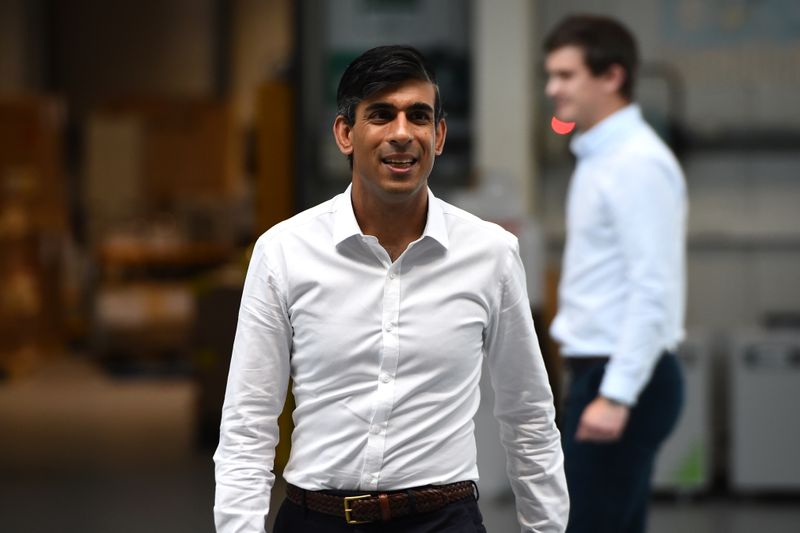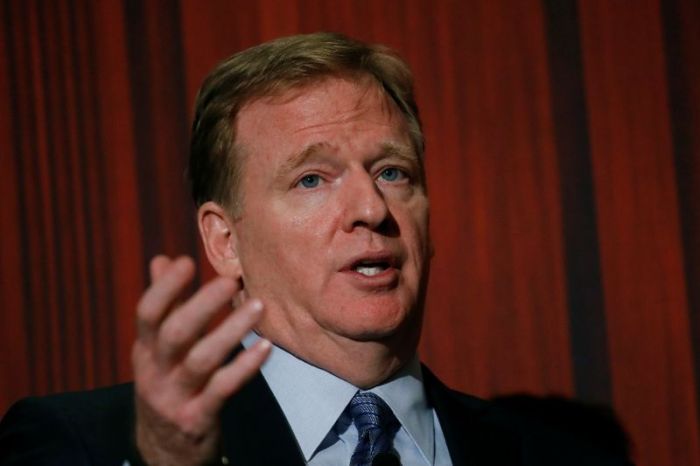LONDON (Reuters) – Britain reaffirmed its commitment to spend 0.7% of national income on aid and development on Wednesday, describing a report that it was seeking to divert billions of pounds from the aid budget to pay for intelligence and defence as “tittle-tattle”.
As the coronavirus crisis eats up government spending, finance minister Rishi Sunak is grappling with soaring expenditure and an expected decline in tax revenues as the economy is in recession.
Asked if the government’s pledge on aid spending would be honoured, foreign minister Dominic Raab said: “Oh, absolutely … It’s a manifesto commitment, it’s written into law.”
Britain is currently reviewing foreign, defence and security policy, seeking to define a new role for itself in the world after leaving the European Union.
“The chancellor has been clear that if the review isn’t cost-neutral it is only right that any extra spending comes out of the 0.7 per cent,” a Whitehall source was quoted by The Times newspaper as saying.
Sunak is understood to believe that the aid pledge should be abandoned or redefined so that the cash could be spent on a wider set of programmes, The Times reported.
A spokesman for the British Treasury declined to comment but Raab, speaking on the day the international development department is merged with the foreign office, dismissed The Times report.
“There’s a load of tittle-tattle, rather colourful, in the media, and I’m not going to prejudice the comprehensive spending review but we’re absolutely committed to helping the bottom billion, to making sure we link up with our wider foreign policy goals, most obviously climate change”, he said.
(Reporting by Guy Faulconbridge and William James; Editing by Catherine Evans)



















